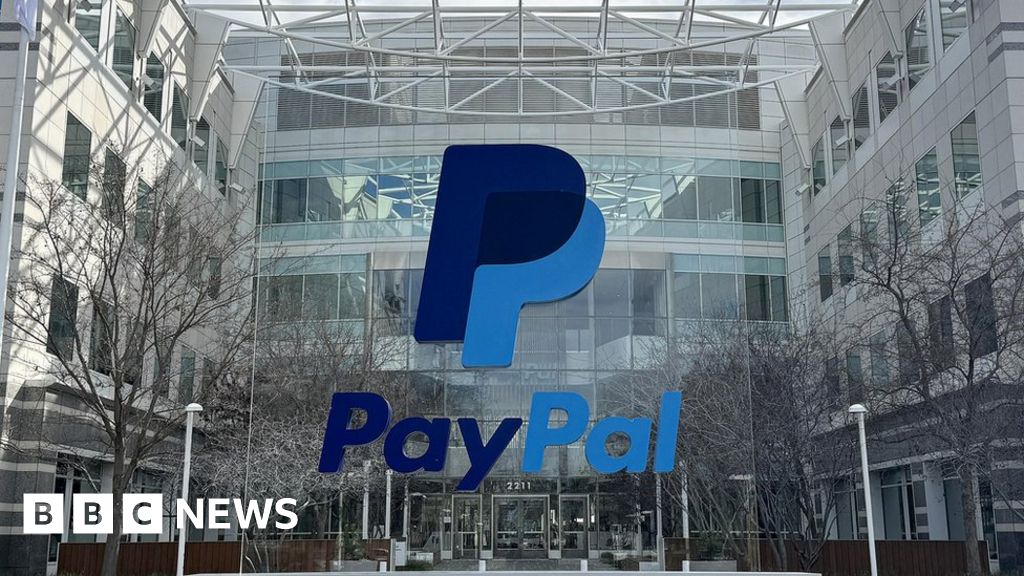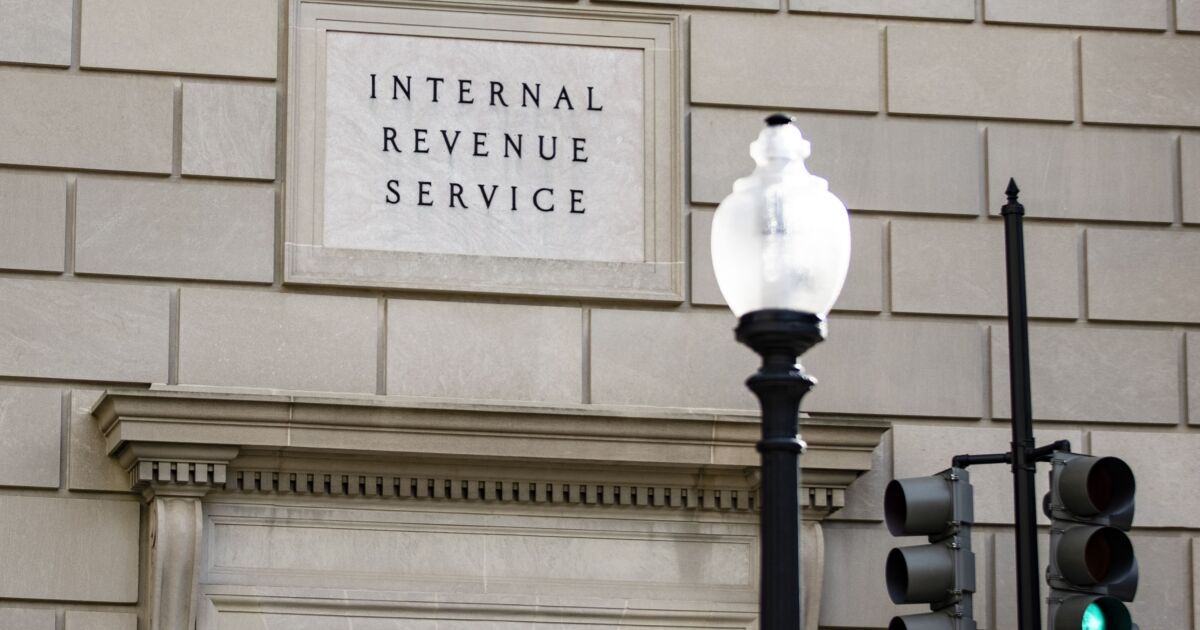Unlock the Editor’s Digest for free
Roula Khalaf, Editor of the FT, selects her favourite stories in this weekly newsletter.
Investor buzz about Big Tech’s financial gains from generative artificial intelligence was damped Tuesday as Microsoft and Google warned of more large costs this year in the arms race to develop cutting-edge AI products.
Strong quarterly results from the rival tech giants on Tuesday failed to persuade investors that growth will keep up with the massive investments they plan to make into data centres and servers this year to deliver generative AI.
Shares in Microsoft fell 1 per cent despite strong cloud computing sales from customers eager to use its suite of software services that have been integrated with technology from ChatGPT-maker OpenAI.
Meanwhile, Alphabet shares dropped almost 6 per cent after its advertising revenues narrowly missed expectations, even as it moves to integrate its Gemini generative AI into its advertising, search and cloud businesses.
Both groups warned that capital expenditure would be higher in 2024 as they make more significant investments in the technological infrastructure underpinning generative AI, doubling down on multibillion-dollar bets.
Microsoft was catapulted into the centre of the generative AI race last year thanks to its deal with OpenAI, the start-up to which it has committed up to $13bn. Investor hype has sent its share price up more than 60 per cent over the past 12 months, boosting its market value to $3tn and overtaking Apple as the world’s largest company earlier this month.
Investors have closely watched its cloud division, the biggest driver of sales that includes its Azure platform, for evidence that its mega bet on OpenAI would start to transform into financial gains.
In the final quarter of 2023, Microsoft’s cloud revenues rose 20 per cent to $25.9bn, ahead of analysts’ expectations for $25.3bn, with sales growth for Azure reaching 30 per cent.
Demand for Microsoft’s AI services boosted Azure revenues by 6 percentage points during the quarter, an acceleration from the roughly 3 percentage point boost in sales in the previous three months.
Google Cloud will also be a crucial growth driver for Alphabet amid rising demand for generative AI, and investors are waiting for the launch of its generative AI Gemini Ultra later this year, the most advanced upgrade to its chatbot, Bard.
Alphabet and Microsoft customers were in “‘buy AI now, figure it out if it works later’ mode”, said Forrester analyst Lee Sustar. The companies had similar “AI-everywhere strategies” that would also pressure rival Amazon to “ramp up AI services to defend its cloud market share leadership”.
Microsoft chief executive Satya Nadella said Microsoft now had 53,000 Azure AI customers, more than a third of whom were new to the service over the past 12 months, and was seeing an increase in the number of “billion-dollar-plus Azure commitments”. But it expects revenue growth at its cloud division to decelerate slightly to 18-19 per cent in the current quarter, while Azure growth would remain stable.
Brett Iversen, vice-president of investor relations, said Microsoft was increasing its AI infrastructure capacity by investing in areas such as data centres and servers, but that had not yet squeezed margins thanks to rising demand for cloud services and “cost control” in other areas.
Semiconductor company AMD raised its AI chip sales estimates by $1.5bn for 2024 in an earnings report on Tuesday, saying that customers including Microsoft had moved faster than expected in their deployment of its new MI300 chips, which compete with Nvidia.
Microsoft chief financial officer Amy Hood said the company expected capital spending, driven by investments in cloud and AI infrastructure, to “increase materially”. Meanwhile, the company was “pivoting” to an “AI-first” workforce rather than hiring large numbers of new people to focus on the technology, she added.
Analysts have been watching closely to see how many customers are using Microsoft 365 Copilot, a generative AI assistant integrated into the company’s suite of productivity apps. The company has made the tool — priced at $30 per user per month for businesses — available to individuals and to small and medium-sized businesses.
While the company did not disclose sales or user figures for Copilot, Nadella said its swift adoption was reminiscent of the early days of the PC, which became “standard issue” after an initial period of use by early adopters.
Total Microsoft revenue in the three months to the end of December climbed 18 per cent to a record $62bn, ahead of forecasts for $61.1bn. Earnings per share of $2.93 were well ahead of analysts’ forecasts for $2.77.
Additional reporting by Michael Acton
Credit: Source link











